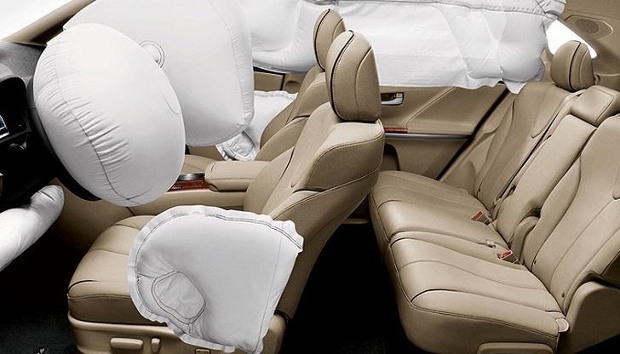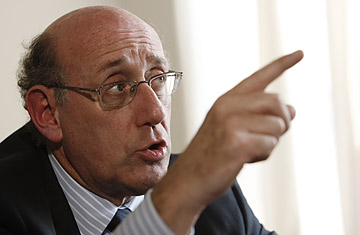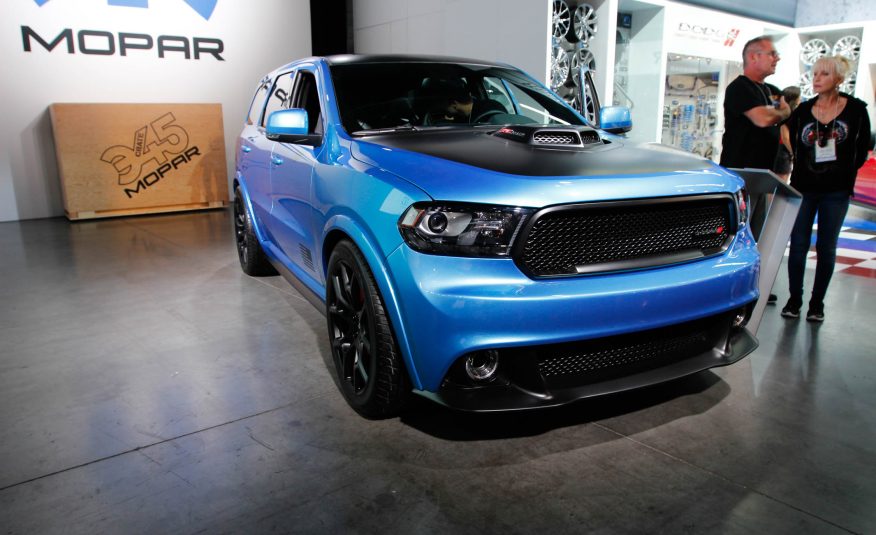Now Reading: U.S. plaintiffs’ legal representatives caution of automaker role in Takata bankruptcy
-
01
U.S. plaintiffs’ legal representatives caution of automaker role in Takata bankruptcy
U.S. plaintiffs’ legal representatives caution of automaker role in Takata bankruptcy

Legal representatives for people injured by exploding Takata air bags told a U.S. bankruptcy court judge that the company’s restructuring strategy is being altered to benefit automakers over victims.
TK Holdings, the United States business of Takata, applied for Chapter 11 bankruptcy on Sunday because of tens of billions of dollars of liabilities from recalls and lawsuits concerning its air bags, in addition to 11 Mexican and U.S. subsidiaries.
The majority of Takata’s commitments are owed to automakers for recalling and changing millions of its air bags, and the Japanese provider’s restructuring strategy relies greatly on financial backing from its consumers.
Numerous personal injury lawyers informed U.S. Bankruptcy Judge Brendan Shannon that Takata had actually made a lot of concessions to automakers, without examining the value of their claims.
Lawyers for TK Holdings and General Motors argued the need for funding outweighed the need to investigate the securities granted to car manufacturers, which could be investigated later on.
“I will figure that out in due course, however I’m refraining from doing that today,” Shannon said.
Officials have linked 16 deaths, mainly in the United States, and over 180 injuries to surges of Takata air bag inflators made with ammonium nitrate that became unstable with age and extended exposure to heat.
Around 100 personal injury and wrongful death cases have been submitted in the United States and the company has reserved $125 million for specific claims associated with its air bags.
Kevin Dean of the Motley Rice law office advised Shannon to guarantee current and future injury plaintiffs get a formal committee, which includes a budget for lawyers and advisers.
Stay Informed With the Latest & Most Important News
Previous Post
Next Post
-
 01Polestar Boss Says It’s Time To Outrun BMW M And Mercedes-AMG
01Polestar Boss Says It’s Time To Outrun BMW M And Mercedes-AMG -
 02Spy Shots: 2027 Mitsubishi Pajero Spotted in Testing Ahead of Possible U.S. Return
02Spy Shots: 2027 Mitsubishi Pajero Spotted in Testing Ahead of Possible U.S. Return -
 032026 Toyota Hilux EV: A Powerful Truck with Silent Torque
032026 Toyota Hilux EV: A Powerful Truck with Silent Torque -
![2027 Mercedes-Benz S-Class Debuts with V8 Engine [Photo Gallery]](https://speedlux.com/wp-content/uploads/2026/01/2027-Mercedes-Benz-S-Class-33-155x125.jpg) 042027 Mercedes-Benz S-Class Debuts with V8 Engine [Photo Gallery]
042027 Mercedes-Benz S-Class Debuts with V8 Engine [Photo Gallery] -
 052026 Corvette ZR1 Production Surges Past Expectations as Output Clears 1,000 Units
052026 Corvette ZR1 Production Surges Past Expectations as Output Clears 1,000 Units -
 06Spy Photos: VW ID. Polo GTI Goes Electric with 223 HP and 280 Miles of Range
06Spy Photos: VW ID. Polo GTI Goes Electric with 223 HP and 280 Miles of Range -
 07Hyundai Palisade’s Breakout Year Shows How Quickly the Market Can Turn
07Hyundai Palisade’s Breakout Year Shows How Quickly the Market Can Turn



![2027 Mercedes-Benz S-Class Debuts with V8 Engine [Photo Gallery]](https://speedlux.com/wp-content/uploads/2026/01/2027-Mercedes-Benz-S-Class-33-700x394.jpg)











































